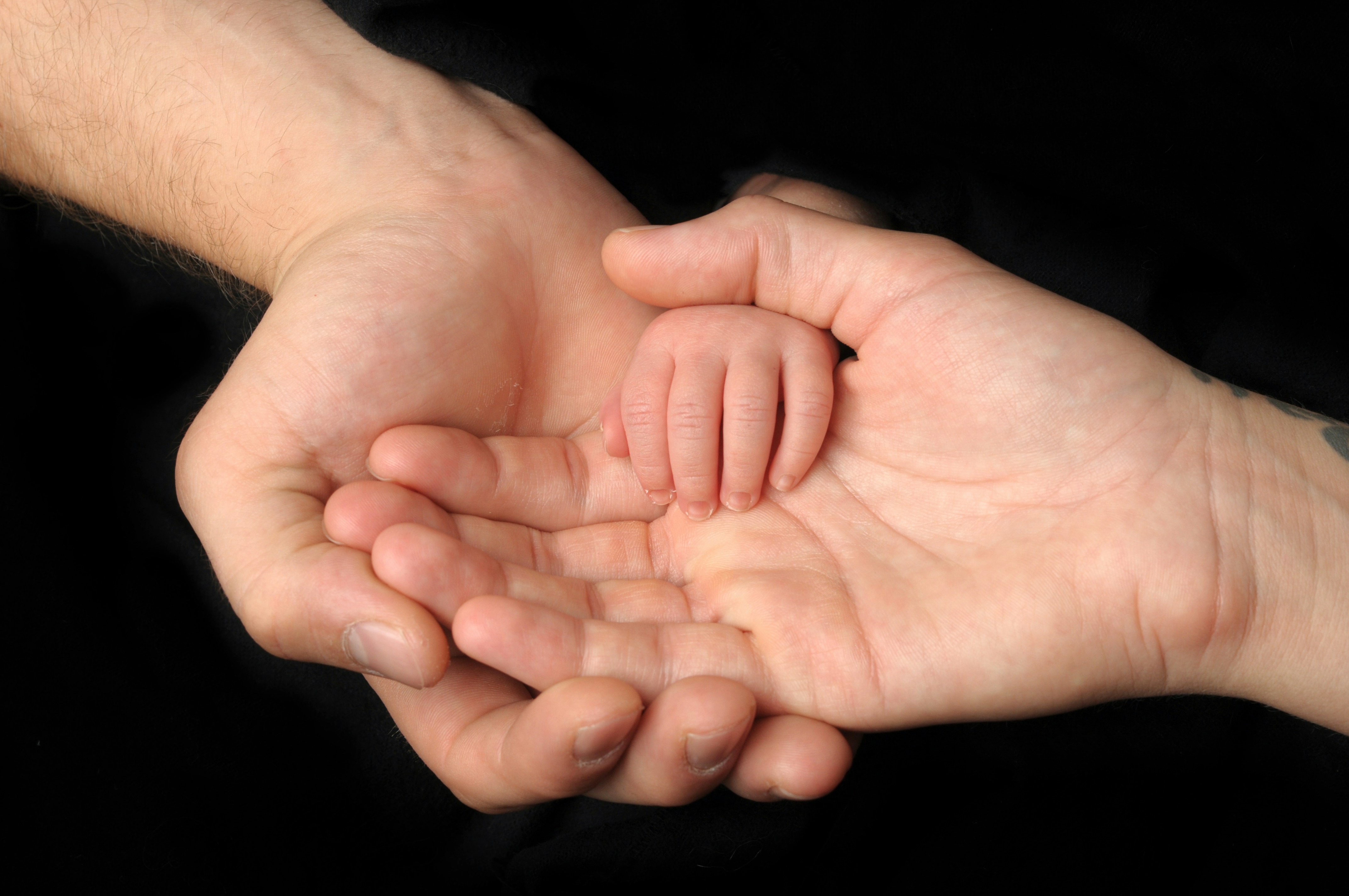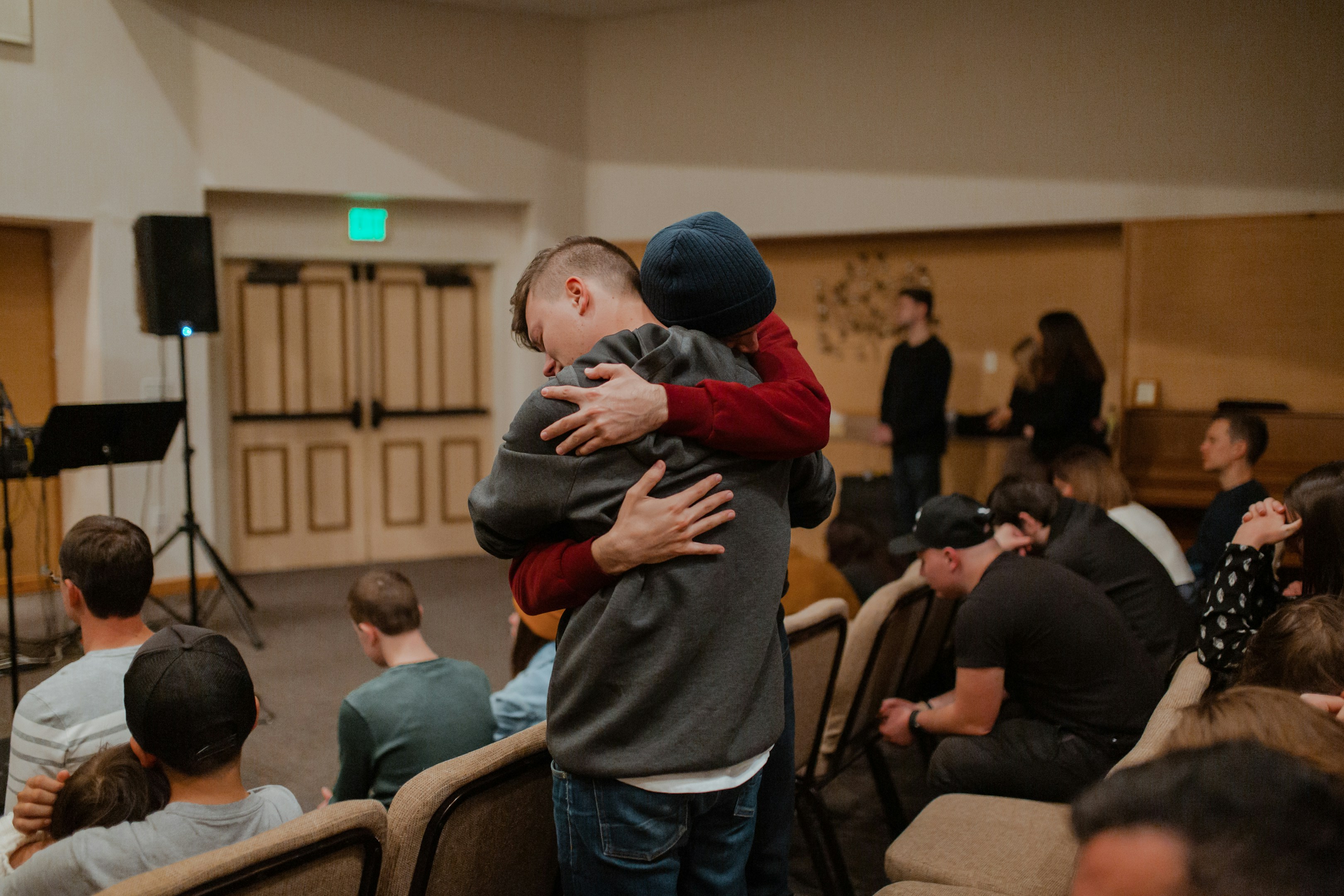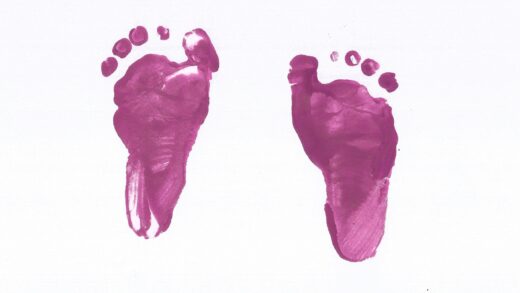The Truth About Pleasure and Enjoyment

When considering the kind of experience that makes life better, most people first think that happiness consists in experiencing pleasure: good food, good sex, all the comforts that money can buy. We imagine the satisfaction of traveling to exotic places or being surrounded by interesting company and expensive gadgets. If we cannot afford those goals that slick commercials and colorful ads keep reminding us to pursue, then we are happy to settle for a quiet evening in front of the television set with a glass of liquor close by.

What Is Pleasure and Why We Crave It
Pleasure is a feeling of contentment that one achieves whenever information in consciousness says that expectations set by biological programs or by social conditioning have been met. The taste of food when we are hungry is pleasant because it reduces a physiological imbalance. Resting in the evening while passively absorbing information from the media, with alcohol or drugs to dull the mind overexcited by the demands of work, is pleasantly relaxing. Traveling to Acapulco is pleasant because the stimulating novelty restores our palate jaded by the repetitive routines of everyday life, and because we know that this is how the “beautiful people” also spend their time.
The Limits of Pleasure
Pleasure is an important component of the quality of life, but by itself it does not bring happiness. Sleep, rest, food, and sex provide restorative homeostatic experiences that return consciousness to order after the needs of the body intrude and cause psychic entropy to occur. But they do not produce psychological growth. They do not add complexity to the self. Pleasure helps to maintain order, but by itself cannot create new order in consciousness.
Enjoyment: A Different Kind of Fulfillment
When people ponder further about what makes their lives rewarding, they tend to move beyond pleasant memories and begin to remember other events, other experiences that overlap with pleasurable ones but fall into a category that deserves a separate name: enjoyment. Enjoyable events occur when a person has not only met some prior expectation or satisfied a need or a desire but also gone beyond what he or she has been programmed to do and achieved something unexpected, perhaps something even unimagined before.

The Feeling of Growth Through Enjoyment
Enjoyment is characterized by this forward movement: by a sense of novelty, of accomplishment. Playing a close game of tennis that stretches one’s ability is enjoyable, as is reading a book that reveals things in a new light, as is having a conversation that leads us to express ideas we didn’t know we had. Closing a contested business deal, or any piece of work well done, is enjoyable. None of these experiences may be particularly pleasurable at the time they are taking place, but afterward we think back on them and say, “That really was fun” and wish they would happen again. After an enjoyable event we know that we have changed, that our self has grown: in some respect, we have become more complex as a result of it.
Pleasure vs. Enjoyment: A Crucial Distinction
Experiences that give pleasure can also give enjoyment, but the two sensations are quite different. For instance, everybody takes pleasure in eating. To enjoy food, however, is more difficult. A gourmet enjoys eating, as does anyone who pays enough attention to a meal so as to discriminate the various sensations provided by it. As this example suggests, we can experience pleasure without any investment of psychic energy, whereas enjoyment happens only as a result of unusual investments of attention. A person can feel pleasure without any effort, if the appropriate centers in his brain are electrically stimulated, or as a result of the chemical stimulation of drugs. But it is impossible to enjoy a tennis game, a book, or a conversation unless attention is fully concentrated on the activity.
Why Pleasure Alone Isn’t Enough
It is for this reason that pleasure is so evanescent, and that the self does not grow as a consequence of pleasurable experiences. Complexity requires investing psychic energy in goals that are new, that are relatively challenging. It is easy to see this process in children: During the first few years of life every child is a little “learning machine” trying out new movements, new words daily. The rapt concentration on the child’s face as she learns each new skill is a good indication of what enjoyment is about. And each instance of enjoyable learning adds to the complexity of the child’s developing self.
Losing Enjoyment With Time
Unfortunately, this natural connection between growth and enjoyment tends to disappear with time. Perhaps because “learning” becomes an external imposition when schooling starts, the excitement of mastering new skills gradually wears out. It becomes all too easy to settle down within the narrow boundaries of the self developed in adolescence. But if one gets to be too complacent, feeling that psychic energy invested in new directions is wasted unless there is a good chance of reaping extrinsic rewards for it, one may end up no longer enjoying life, and pleasure becomes the only source of positive experience.
Finding Enjoyment in Everyday Life
On the other hand many individuals continue to go to great lengths to preserve enjoyment in whatever they do. I used to know an old man in one of the decrepit suburbs of Naples who made a precarious living out of a ramshackle antique store his family had owned for generations. One morning a prosperous-looking American lady walked into the store, and after looking around for a while, asked the price of a pair of baroque wooden putti, those chubby little cherubs so dear to Neapolitan craftsmen of a few centuries ago, and to their contemporary imitators. Signor Orsini, the owner, quoted an exorbitant price. The woman took out her folder of traveler’s checks, ready to pay for the dubious artifacts. I held my breath, glad for the unexpected windfall about to reach my friend. But I didn’t know Signor Orsini well enough. He turned purple and with barely contained agitation escorted the customer out of the store: “No, no, signora, I am sorry but I cannot sell you those angels.” To the flabbergasted woman he kept repeating, “I cannot make business with you. You understand?” After the tourist finally left, he calmed down and explained: “If I were starving, I would have taken her money. But since I am not, why should I make a deal that isn’t any fun? I enjoy the clash of wits involved in bargaining, when two persons try to outdo each other with ruses and with eloquence. She didn’t even flinch. She didn’t know any better. She didn’t pay me the respect of assuming that I was going to try to take advantage of her. If I had sold those pieces to that woman at that ridiculous price, I would have felt cheated.” Few people, in southern Italy or elsewhere, have this strange attitude toward business transactions. But then I suspect that they don’t enjoy their work as much as Signor Orsini did, either.
Enjoyment as a Tool for a Better Life
Without enjoyment life can be endured, and it can even be pleasant. But it can be so only precariously, depending on luck and the cooperation of the external environment. To gain personal control over the quality of experience, however, one needs to learn how to build enjoyment into what happens day in, day out.
Toward a Deeper Understanding of Enjoyable Experiences
The rest of this chapter provides an overview of what makes experience enjoyable. This description is based on long interviews, questionnaires, and other data collected over a dozen years from several thousand respondents. Initially we interviewed only people who spent a great amount of time and effort in activities that were difficult, yet provided no obvious rewards, such as money or prestige: rock climbers, composers of music, chess players, amateur athletes. Our later studies included interviews with ordinary people, leading ordinary existences; we asked them to describe how it felt when their lives were at their fullest, when what they did was most enjoyable. These people included urban Americans—surgeons, professors, clerical and assembly-line workers, young mothers, retired people, and teenagers. They also included respondents from Korea, Japan, Thailand, Australia, various European cultures, and a Navajo reservation. On the basis of these interviews we can now describe what makes an experience enjoyable, and thus provide examples that all of us can use to enhance the quality of life.

Check ✔️
+ How to Break a Bad Habit Permanently
+ Habit Specially Success People Follows
SO DO YOU LIKE MY WEB?






1 Response
[…] here’s the clincher: formal neurological research has confirmed a link between our mental states and how our eyes move! This scientific backing really supports the core idea behind the EAC model. […]